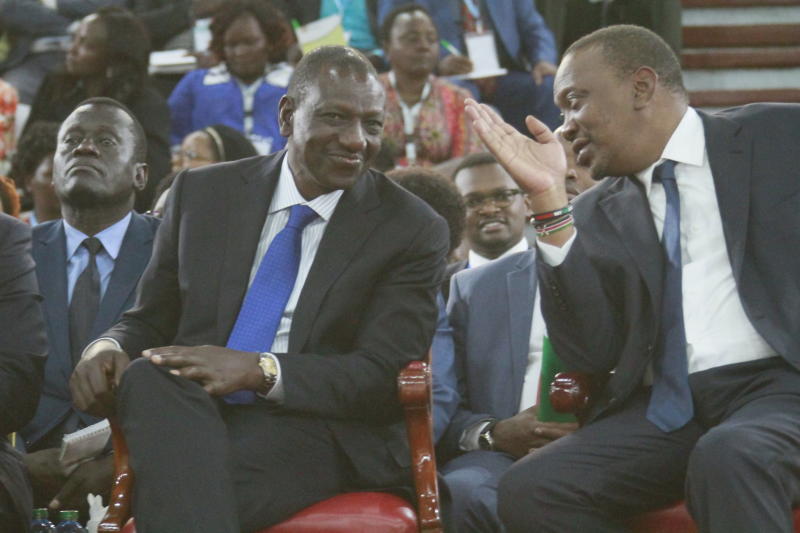×
The Standard e-Paper
Join Thousands Daily

President Uhuru Kenyatta is shifting gears in the purge against endemic graft if the proposals he tabled yesterday at the National Anti-Corruption Conference are anything to go by.
His proposal that seeks to keep public officers off private businesses was last night being hailed as a turning point in the purge, even as he announced the scaling up of lifestyle audit to top most levels of his government.